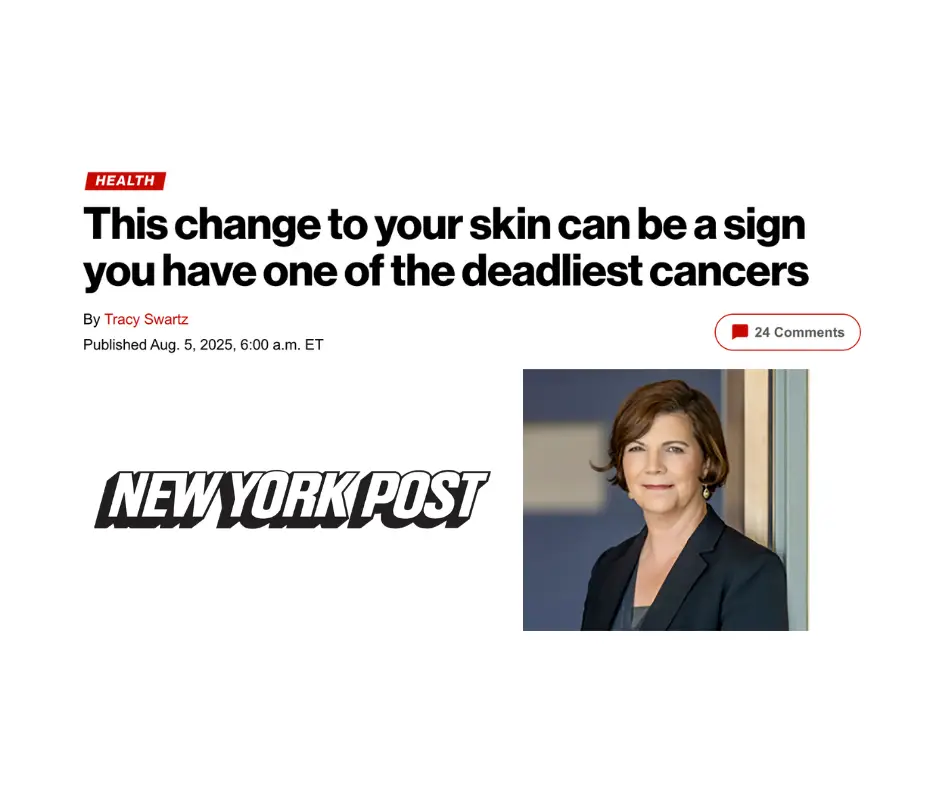Pancreatic cancer, a disease often associated with older age, is increasingly affecting younger individuals, raising alarms in the medical community. This article explores the escalating number of pancreatic cancer cases among young adults, the potential factors behind this increase, and the impact it has on young patients. It also discusses the importance of early detection, prevention strategies, advances in treatment, and available support resources.
Understanding Pancreatic Cancer
Pancreatic cancer is a malignant tumor that forms in the pancreas, a vital organ located behind the stomach. Known for its aggressive nature, it is often diagnosed at an advanced stage, making it challenging to treat effectively. The pancreas plays a crucial role in digestion and blood sugar regulation.
Typical symptoms of pancreatic cancer include abdominal pain, jaundice or yellowing of the skin and eyes, unexplained weight loss and digestive issues. However, these symptoms are often vague and can be mistaken for other conditions, leading to diagnostic delays.
Rising Pancreatic Cancer Rates in Younger Populations
Historically, pancreatic cancer has been more common among older individuals, but recent data reveal a disturbing trend – an increasing incidence among younger people. This shift is particularly concerning as pancreatic cancer is well-known for being difficult to treat successfully.
Statistics show a clear rise in cases of pancreatic cancer in individuals under the age of 50. Comparing these trends with historical data underscores the changing demographics of this disease, demanding further investigation.
Potential Factors Behind the Increase
Pancreatic cancer rates among younger individuals are increasing, and several factors likely contribute to this concerning trend. Obesity and smoking, well-known risk factors for pancreatic cancer, continue to contribute to the rising rates among younger populations. Lifestyle choices, environmental factors and genetic predispositions are among the key suspects.
The Impact on Young Patients
Young patients often struggle to cope with the shock of a pancreatic cancer diagnosis. Treatment regimens can be exhausting, affecting their ability to work or pursue their life goals. Emotional support and counseling become essential for these individuals as they work through the complexities of their illness.
Early Detection and Screening
Early detection is essential in improving survival rates for pancreatic cancer. Unfortunately, Pancreatic cancer often presents symptoms that can be mistaken for other conditions or even show no symptoms at all. The disease is often diagnosed at an advanced stage, limiting treatment options.
Awareness of available screening methods and their accessibility is crucial. Encouraging young individuals to undergo screening, especially if they have risk factors such as a family history of pancreatic cancer, can lead to earlier diagnosis and better outcomes.
Symptoms and Warning Signs
Recognizing the symptoms and warning signs of pancreatic cancer is important for early diagnosis. Common symptoms include:
- Persistent abdominal or back pain.
- Jaundice (yellowing of the skin and eyes).
- Unexplained weight loss.
- Digestive problems, such as indigestion or changes in bowel habits.
- New-onset diabetes, especially in the absence of other risk factors.
Young individuals should not ignore these symptoms and should seek medical attention immediately.
Prevention and Risk Reduction
Preventing pancreatic cancer begins with lifestyle choices. Maintaining a healthy weight through regular exercise and a balanced diet can reduce the risk. Furthermore, quitting smoking is one of the most effective ways to decrease the likelihood of developing pancreatic cancer. Limiting alcohol consumption and managing chronic conditions like diabetes can also contribute to risk reduction. Education and awareness about these preventive measures are essential for young individuals.
Advances in Treatment and Research
Despite the challenges associated with pancreatic cancer, there is hope. Ongoing research efforts are exploring innovative treatment options, including targeted therapies and immunotherapy. A new drug, PXS-5505 from the Garvan Institute of Medical Research, shows incredible potential by targeting scar-like tumor tissue, curbing the advance of aggressive cancer cells. These developments offer promise for improving patient outcomes.
Clinical trials and collaborations among researchers worldwide play is essential in advancing our understanding of pancreatic cancer. Investing in research and collaboration represents our best strategy in the fight against this disease. Urgent increases in funding and support for pancreatic cancer research are needed, and with your donation, we can make a significant impact on changing the world.
Support and Resources
Young individuals facing pancreatic cancer and their families can benefit from a wide range of support resources. Numerous organizations and support groups offer emotional and practical assistance. Connecting with others who have experienced similar challenges can provide valuable guidance and comfort. Medical professionals, including oncologists, nurses, and social workers, can help young patients in their treatment journey and access the support they need.

The rising incidence of pancreatic cancer among young people is a concerning trend that demands attention. While the exact causes are still under investigation, factors like obesity and smoking are likely contributors. The impact on young patients, both physically and emotionally, is profound. To fight this trend, it is essential to prioritize early detection, prevention, and research into innovative treatments. Spreading awareness about pancreatic cancer’s warning signs and risk factors can empower young individuals to take charge of their health. Ultimately, increased awareness, research funding, and proactive health choices are our best tools in addressing this alarming rise in pancreatic cancer among young people.
The Challenge
Sadly, pancreatic cancer still has one of the lowest 5-year survival rates of any kind of cancer, at about 12%. It’s time to dramatically increase that number. Discovering pancreatic cancer in its early stages can make all the difference.
TrovaNOW proceeds go towards collaborative research to detect pancreatic cancers earlier, saving thousands of lives from the world’s deadliest cancer. This revolutionary effort is for early detection, screening and prevention for pancreatic cancer.
PRECEDE is an international, multi-institutional collaborative consortium of world-renowned experts in pancreatic cancer. With over 35 leading academic medical centers across the globe, PRECEDE has assembled the largest high-risk patient cohort, with biospecimen collection and longitudinal clinical data.
Giving is not just about making a donation, it’s about making a difference. Learn how you can get involved and donate today. Visit www.precedefoundation.org to learn how you can get involved and donate today.





